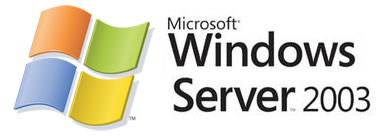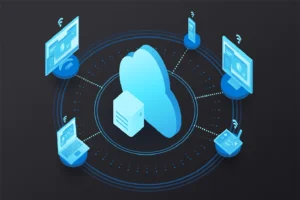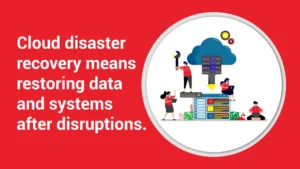 Does, July 14th, 2015 mean anything to you? Well, if you’re a business running Windows Server 2003, it should.
Does, July 14th, 2015 mean anything to you? Well, if you’re a business running Windows Server 2003, it should.
Windows Server 2003 is fast-approaching its end-of-life. Microsoft has announced the official retirement date as July 14, 2015. Basically, it means that Microsoft will no longer be providing patches for all the holes that hackers are constantly poking in the system. This spells very bad news for businesses currently relying on this nearly 10-year-old operating system. To relate this very technical subject to a real world situation…Imagine owning an old car that you can no longer buy parts for. The brakes go out, you experience a crash and there’s no help or support.
Equally concerning is the fact that many Windows 2003 servers are running applications originally developed for a 32-bit operating system. A 1990’s technology, the 32 bit system is not as secure as modern day 64 bit systems. Earlier this year…April 8th, 2014 to be exact, the twelve and half year old Windows XP operating system was also retired. No longer supported, no patches, no updates, nothing. In the world of technology twelve and half years is a lifetime. If these retirements are news to you, contact us and we can explain in easy to understand terms where to go from here.
A recent Windows report estimates that there are still nearly a million servers across the globe currently running live applications on Windows Server 2003. Though your current Windows 2003 server may be stable at this time, would you really want to risk running your applications on a server that will not ever again be supported starting July 15, 2015?
Website Movers International (WSM) found that the vast majority of businesses neglect to plan their server migration and upgrade with enough lead time, often resulting in a last minute, risky, forced migration.
The potential complications with a last minute migration approach include; errors and inconsistencies with security, stability or functional issues with your applications. Most will require immediate attention and possibly even programmatic revisions. Needless to say, waiting until the last minute to perform your Windows 2003 server migration is a big risk.
So, you may be wondering what your options are…..read on.
Option 1. Stay Put (not recommended) – In this scenario, you no longer require server support, are prepared for major vulnerabilities and are perfectly fine to just “kick the can down the road.” It’s only a matter of time before you “crash” that 10-year-old ride.
2. Upgrade The Server – Performing an upgrade to your existing server, if even an option, could result in a conflict between your programs and the new operating system. An additional concern is that your old server hardware may not be able to handle the new operating system as well, if at all. Not to mention having to diagnose and resolve application failures (at an unknown magnitude of time and expense) in your live environment. This option is risky and should be given careful consideration. Back to the car analogy, this would be like putting a Chevy part on a Ford and hoping for the best.
3. Migrate and Upgrade – In most all cases this is your best, most logical option. Start with your plan, and start now. The combination of upgrading and migrating is a complex process to say the least, but will yield the best results.
Similar to upgrading to a newer car, you plan ahead, you set a budget, work with a team and when the time is right, you take action.
In summary, it’s important to migrate and upgrade the backbone of your network. Don’t wait…the time is now!
Techno Advantage wants to be your pre-migration consultant and is ready to show you all the options for a successful upgrade and server migration. Call us and start making plans now! 317-857-0150.


 Does, July 14th, 2015 mean anything to you? Well, if you’re a business running Windows Server 2003, it should.
Does, July 14th, 2015 mean anything to you? Well, if you’re a business running Windows Server 2003, it should. 







